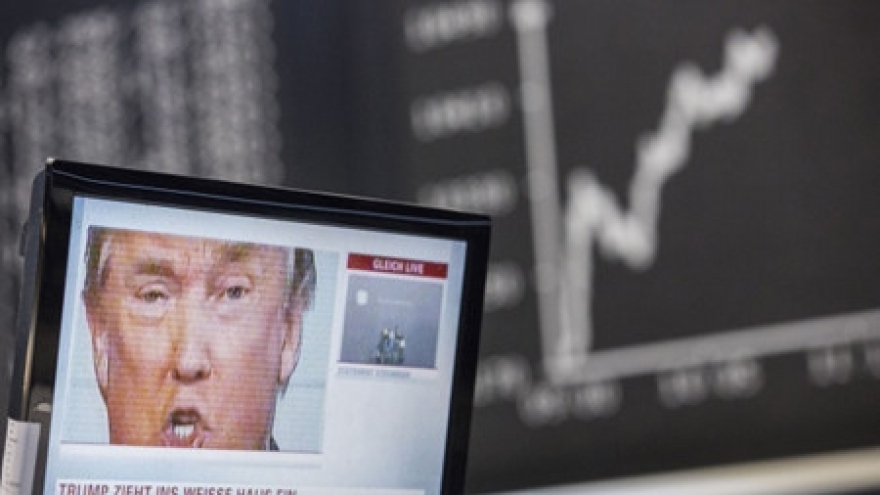Future of trade under President-elect Trump
The US presidential Election on November 8, 2016 will forever be remembered as the first election where an individual not established in politics was voted in as president. Donald Trump has vast business interests, but undoubtedly, he lacks the political experience.
From the standpoint of international relations and trade, Trump does not possess the experience accustomed for the position of president of the US. Therefore, it is difficult to understand the new president’s expected strategies, which are more isolationist and less favorable for trade.
Regardless of the initial expectations, after tireless years of efforts for world trade equalization and reform, it is very unlikely that any single president can influence the outcome of past trade pacts and negotiations.
 |
Often, policies and programmes set forth in the past such as the bilateral trade agreement between the US and Vietnam will remain in place and will not be affected by a single presidential term. Largely because the time required to alter such agreements spans greater than the four years in office.
Still, it remains to be seen if the US will move toward final ratification of the Trans-pacific Partnership (TPP). A cloud of uncertainty has developed concerning its acceptance and implementation, which could spell significant trouble for the future of the trade agreement.
Thus, although Vietnam will likely retain a favourable standpoint with the US on trade due to past agreements, expectations should be tempered in relation to any future benefits. In essence, the ratification and acceptance of TPP will most likely not occur during this presidential term.
There are many dangers to an isolationist philosophy. However, we have seen worldwide benefits of economic growth with the opening of borders. In the past, trade between nations has encouraged stability and provided meaningful similarities and appreciation of peoples and cultures.
Trade between nations calls for the participation of countries to work together, to find a common ground for mutual benefits. Conversely, isolationism can cause international relations to deteriorate and can lead to conflicts. Therefore, it is probable that a balanced political approach must be considered.
The president in the US is just one voice, albeit a very important one. There exists a balance of power between the president, judicial branch, and legislative branch-preventing anyone branch from obtaining too much control or power. All trade agreements, for example, must be ratified by the legislative branch of the government.
Although it might seem at times, the balance of power rests on the president, but he must obtain the support of the legislative branch in order to move forward with any item on his agenda. Therefore, it can be expected that a more moderate approach to trade and international relations would be strongly encouraged by the legislative branch.
Vietnam has already solidified a place in the future with the US, from a trade and international relations standpoint. Although this place may not prosper as quickly under Trump’s presidency, it is however, a vital place for both countries and it is unlikely to be disrupted.

